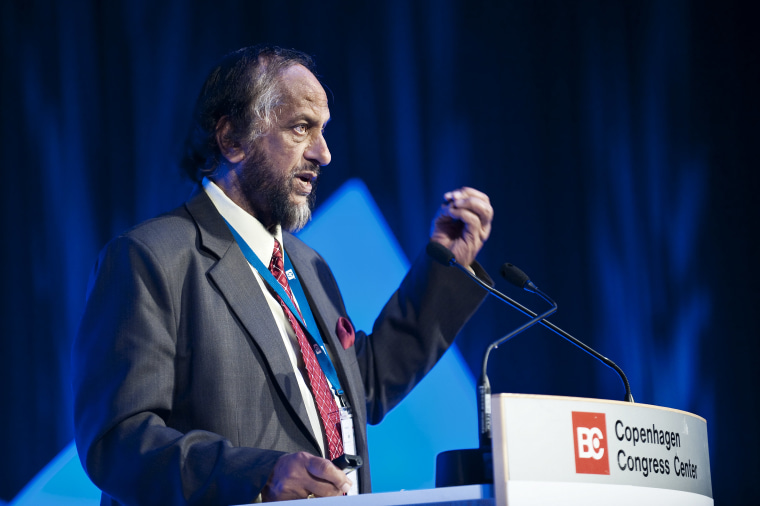Hundreds of leading climate scientists wrapped up a three-day conference with a warning Thursday that global warming is accelerating beyond the worst predictions and threatening to trigger "irreversible" shifts on the planet.
Attended by some 2,000 experts, the conference aimed at updating the findings of a 2007 report by the Intergovernmental Panel on Climate Change ahead of U.N. talks in December on a new global climate treaty.
"The worst-case IPCC scenario trajectories (or even worse) are being realized," a team of scientists wrote in a concluding statement. "There is a significant risk that many of the trends will accelerate, leading to an increasing risk of abrupt or irreversible climatic shifts."
The IPCC predicted a sea level rise of 7 to 23 inches by the end of the century, which could flood low-lying areas and force millions to flee. But more recent research presented at the conference suggested that melting glaciers and ice sheets could help push the sea level up at least 20 inches, and possibly as much as 39 inches.
'Highly vulnerable'
"Recent observations show that societies are highly vulnerable to even modest levels of climate change with poor nations and communities particularly at risk," the statement said.
It noted that policy-makers already have a range of tools to mitigate global warming. "But they must be vigorously and widely implemented to achieve the societal transformation required to de-carbonize economies," it said.
The conclusions of the congress will be presented to politicians when they meet in Copenhagen in December to discuss a new global agreement on greenhouse gas emissions to replace the Kyoto Protocol, which expires in 2012.
"We know from scientific evidence that climate change is a reality and that climate change will have damaging effects on the economy all over the world," said Danish Prime Minister Anders Fogh Rasmussen, one of the politicians attending the scientific conference. "Therefore we need an agreement and we need an agreement this year."
Recession an opportunity?
Earlier Thursday, British economist Nicholas Stern, the author of a major British government report detailing the cost of climate change, told the conference that the global recession presents an opportunity to build a more energy-efficient economy.
"Coming out of this we have got to lay the foundations for a low-carbon growth, which is going to be like the railways, like the electricity, like the motorcars, this is going to be over the next two, three decades the big driver in investment," Stern said.
Stern said green investments make sense because energy-efficient economies will be more sustainable in the future.
"We know from this crisis that if we postpone looking risk in the face, it will bite us much more deeply," he said.
